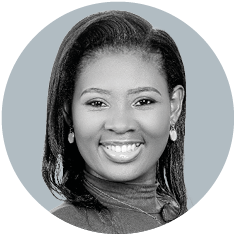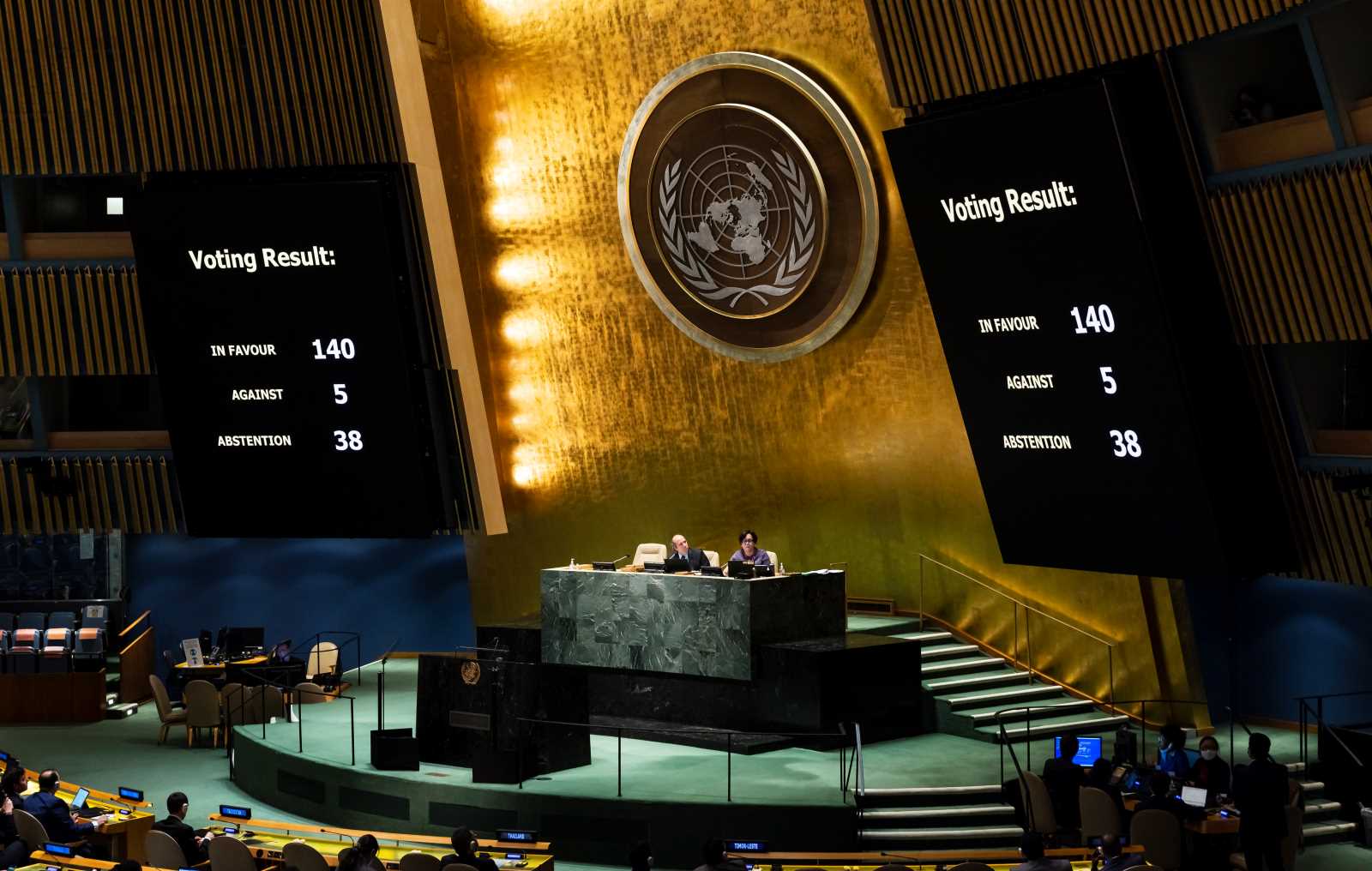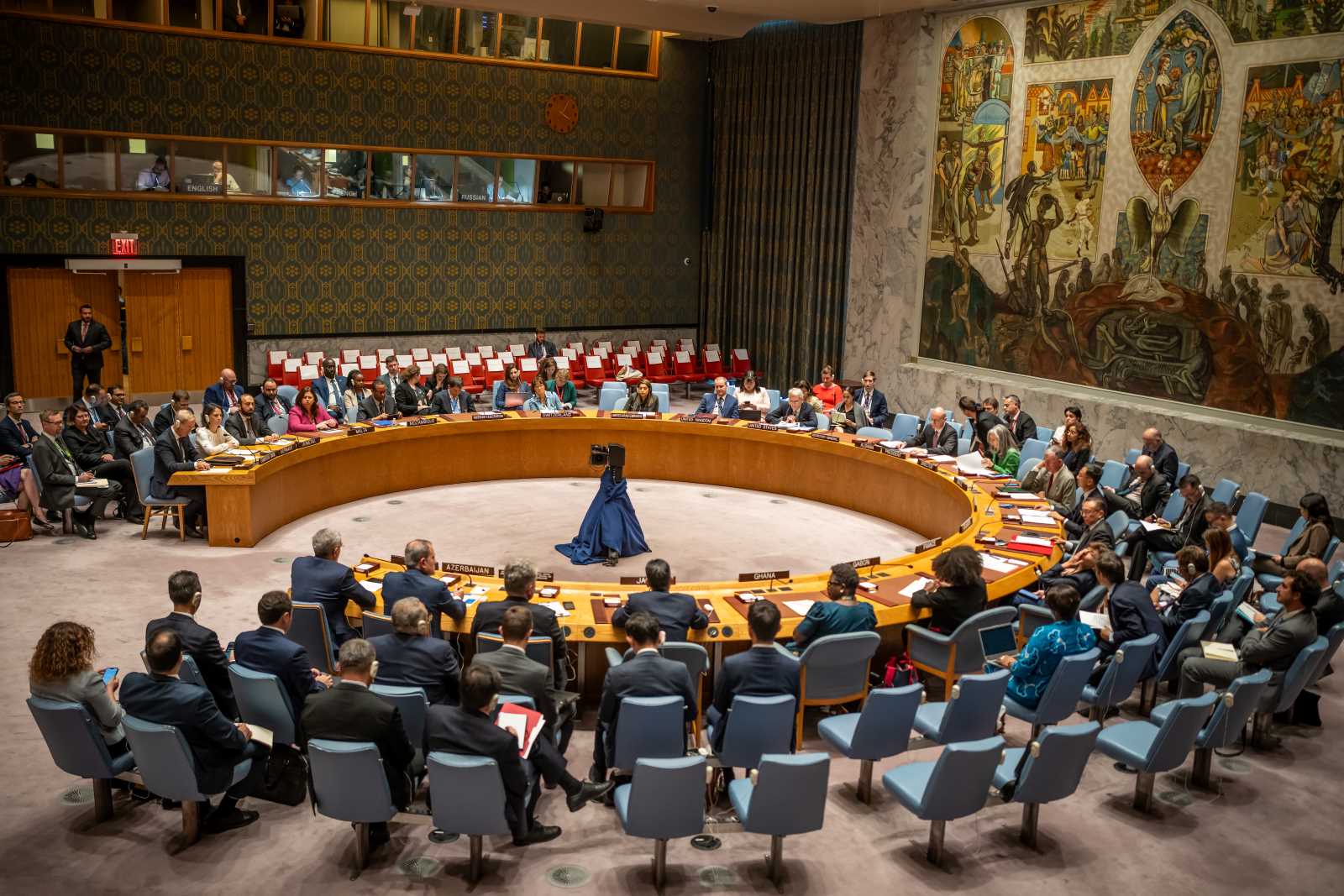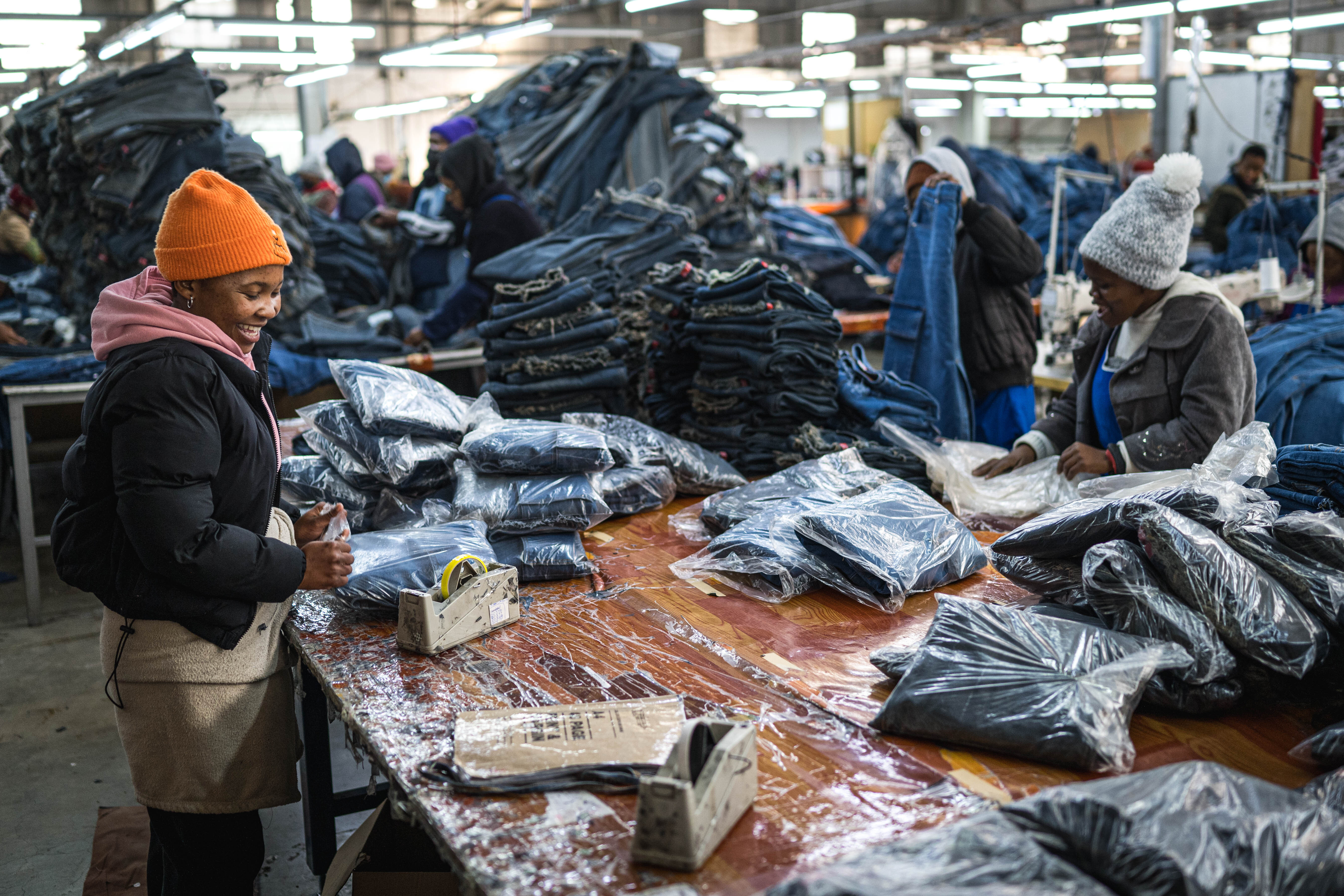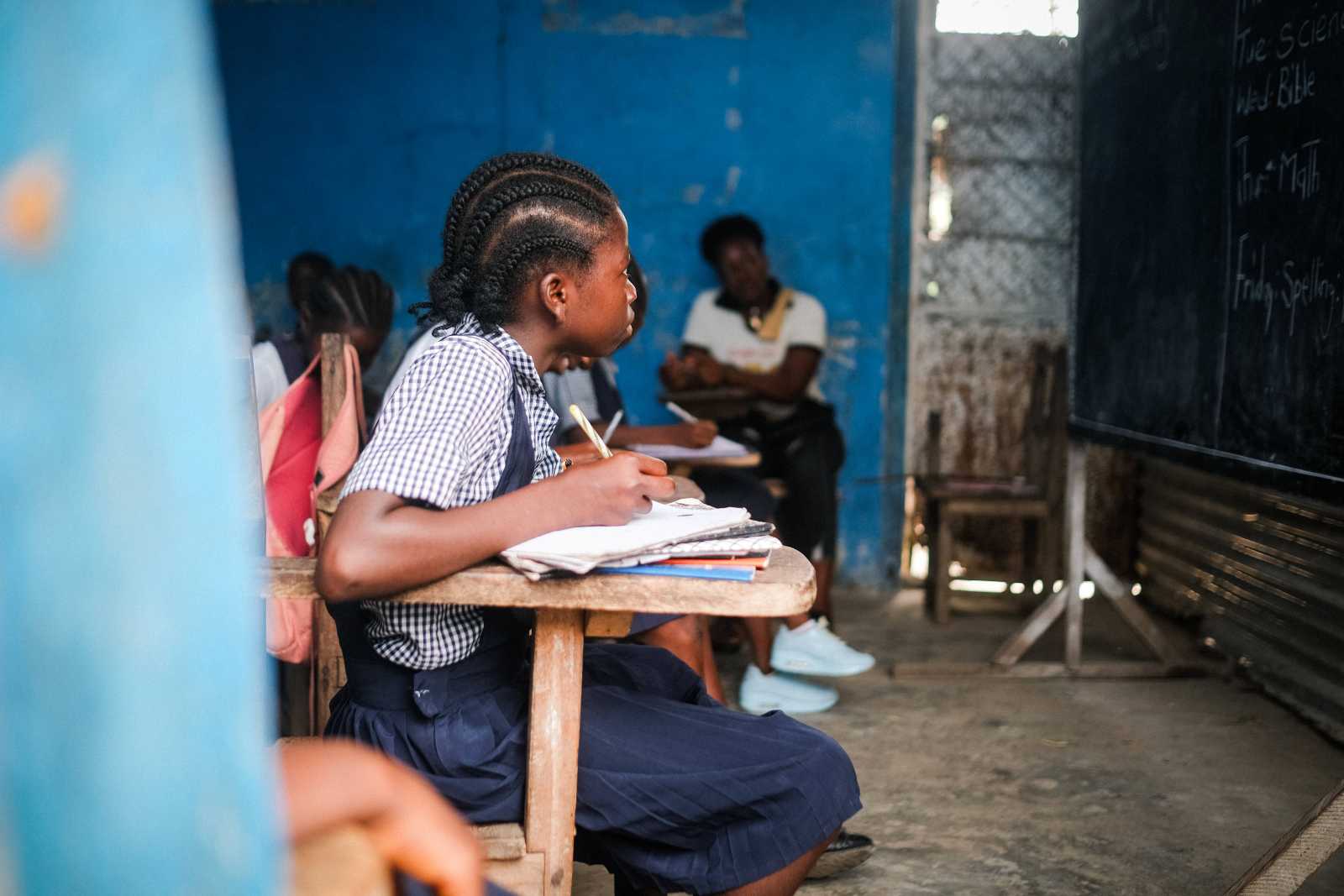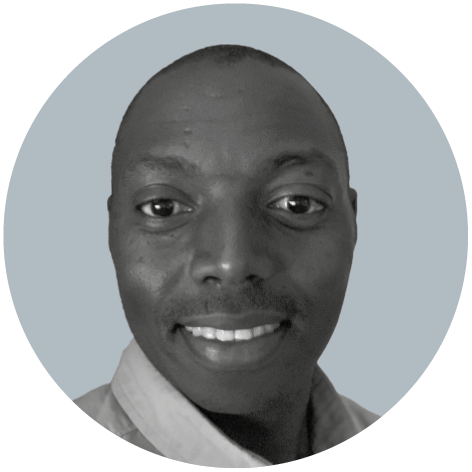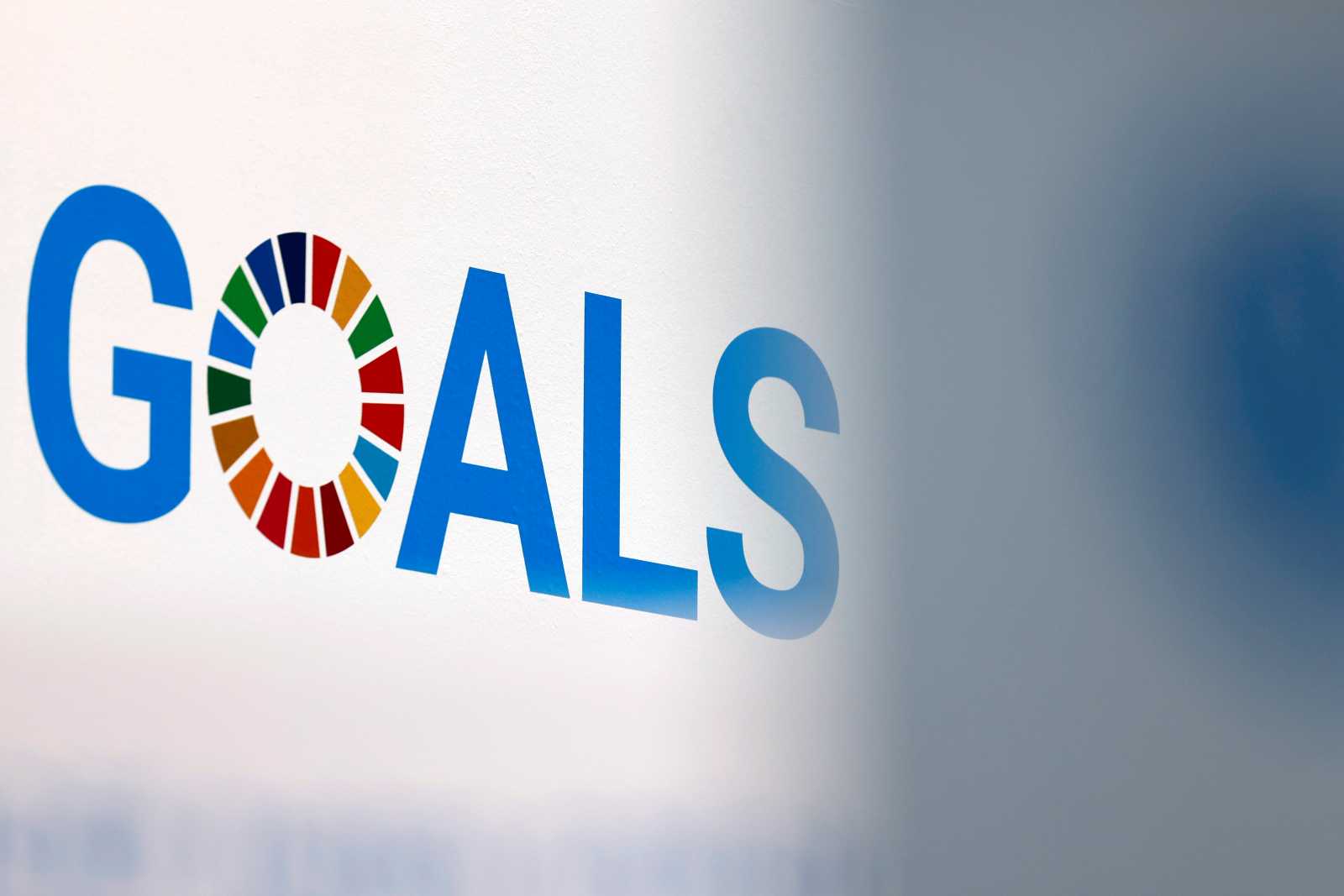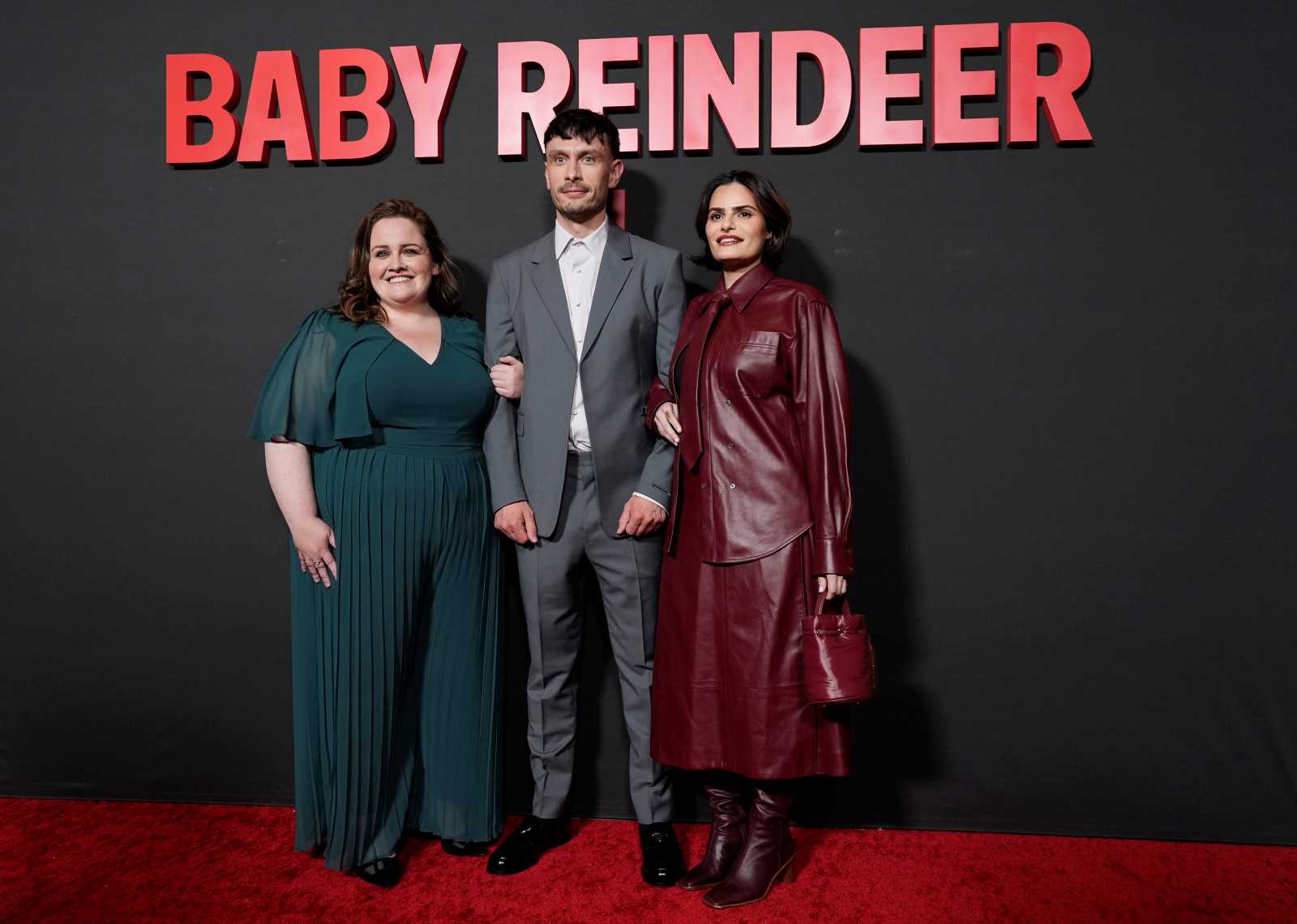Multilateralism
A bold stance
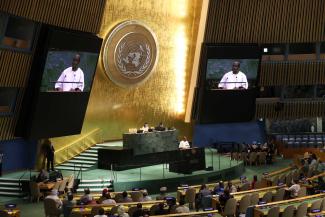
This year, the United Nations turned 80. At the General Assembly (UNGA) in New York in September, world leaders focused on pressing issues such as ongoing conflicts, climate change, sustainable development and human rights. The anniversary year’s motto, “Better Together,” could not have been more timely – nor could it have contrasted more sharply with reality.
The UNGA exposed just how disunited the world really is. The gathering was marked by veiled jabs, grievances, pleas and open disagreement – all against the backdrop of today’s cascading crises: the situation in Gaza, the wars in Sudan and Ukraine, accelerating climate collapse – and, as the US President used his speaking time to note, malfunctioning teleprompters and escalators.
The stance taken by African heads of state and government was in keeping with the heated atmosphere. They stood their ground, carrying a whole bunch of complaints to demand fair representation and inclusive global governance, especially in the UN Security Council, the organisation’s main decision-making body. While these concerns were far from new, their voices had become louder and more impatient.
Failing like the League of Nations?
Topping the list of grievances was the United Nations itself. African leaders criticised its exclusionary structure, which continues to sideline the continent. Kenya’s President William Ruto, in his address, drew a historical parallel to the League of Nations, pointing to its failure to prevent the Second World War. This, he stressed, must serve as both lesson and warning – underlining the urgent need to reimagine and reform international institutions so they become more inclusive, responsive and fit for today’s global challenges. He called for the UN Security Council to be restructured to include at least two permanent African members.
Ruto openly questioned whether the UN, in its current form, remains relevant to the demands of our time – and whether it can still serve humanity amid today’s global realities. It was a provocation that resonated widely, echoed by many other speakers from across the African continent.
Ghana’s president, John Dramani Mahama, argued that the UN Charter has become outdated in terms of representation. He pointed out that post-World War II powers continue to enjoy disproportionate influence – a reality that stands in stark contrast to Article 1 of the Charter, which affirms the sovereign equality of all member states.
More modest than his counterpart from East Africa, Mahama maintained that Africa must be granted at least one permanent seat on the UN Security Council. He further argued that veto power should not remain the exclusive privilege of a few states, nor be absolute. In the interest of fairness and accountability, he proposed establishing a mechanism within the UN to review or challenge the use of vetoes.
Namibia’s president, Netumbo Nandi-Ndaitwah, strongly emphasised the need to uphold the Ezulwini Consensus, proof that Africa has been calling for stronger representation for the past 20 years. The consensus, adopted in 2005, reflects the African Union’s unified position on the need on UN reform, one in which Africa enjoys equitable representation.
South Africa’s president, Cyril Ramaphosa, reiterated his country’s long-standing concern over the UN Security Council’s ineffectiveness and the erosion of its credibility in upholding international law. Burkina Faso’s prime minister, Rimtalba Jean Emmanuel Ouedraogo, delivered an even sharper critique, accusing the Council of being misused to pursue political agendas and settle scores rather than to promote peace and justice. He insisted that Africa must be granted a permanent seat to restore balance and legitimacy in global governance.
Another important point of criticism raised by African leaders centred on the inequalities embedded in international financial systems, particularly in institutions such as the International Monetary Fund and the World Bank. Kenya’s president, William Ruto, for example, underscored how current structures often perpetuate economic imbalances, noting that “the current global financial architecture punishes poor countries while rewarding the rich.”
What follows the words?
Looking back on all these bold statements, I have questions. While the views of their leaders reflect the frustrations and hopes of many Africans, one has to wonder whether the world is truly prepared to turn their bold words on UN reform into action, or whether their calls for justice will once again sink into the usual cacophony of empty rhetoric. Will this newfound confidence among African leaders finally translate into meaningful action?
But even if the call for reform were to be heeded – would African states themselves be able to agree on who should occupy the permanent seats on the Security Council? Nigeria’s vice president, Kashim Shettima, left little room for doubt, insisting that his country must claim one of them. Presumably, the rest of the continent can sort out who gets the other. Or should we take turns? Let’s be honest: consensus on that is a long shot. So who decides – and based on what criteria?
And if the world continues to ignore these demands – what then? Will Africa have the courage to disrupt the status quo, to rethink its role within the UN system, or even chart an independent course that reflects its growing global confidence? To be frank, I doubt it.
Perhaps the more pressing question now is whether Africa’s growing self-confidence on the world stage will begin to strain relations with its traditional Western partners, especially in the wake of the ongoing and devastating aid and cooperation cuts, epitomised by the recent turmoil surrounding the USAID withdrawal.
However, this year’s UNGA signalled a shift. There is a sense of awakening: Africa is done waiting for permission to lead – at least on paper. Its leaders spoke with unusual conviction, demanding a fair share in global decision-making, not symbolic gestures.
But bold words must be followed by bold deeds. Will Africa’s self-confidence translate into a common will for reform, or will the fear of losing donor funding and foreign aid cause them to back down again?
Miriam Ogutu is a Pan-African journalist, international relations analyst and communication strategist.
missogutu@gmail.com
